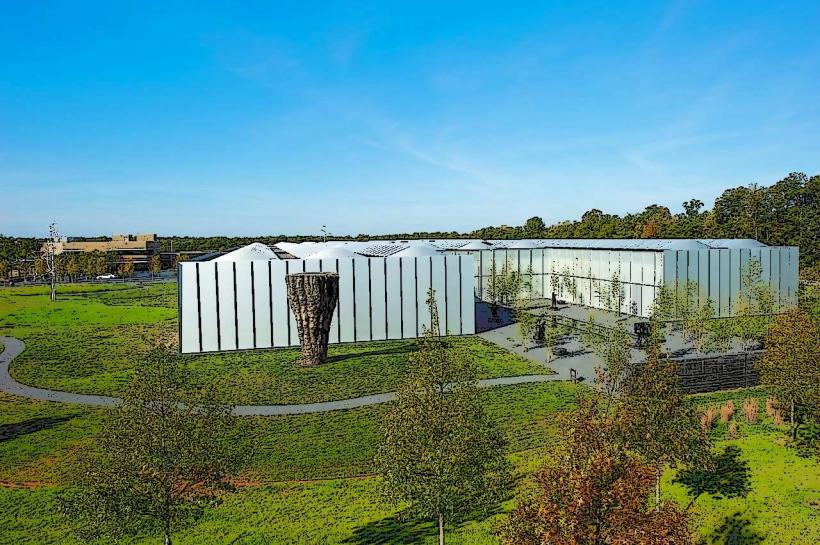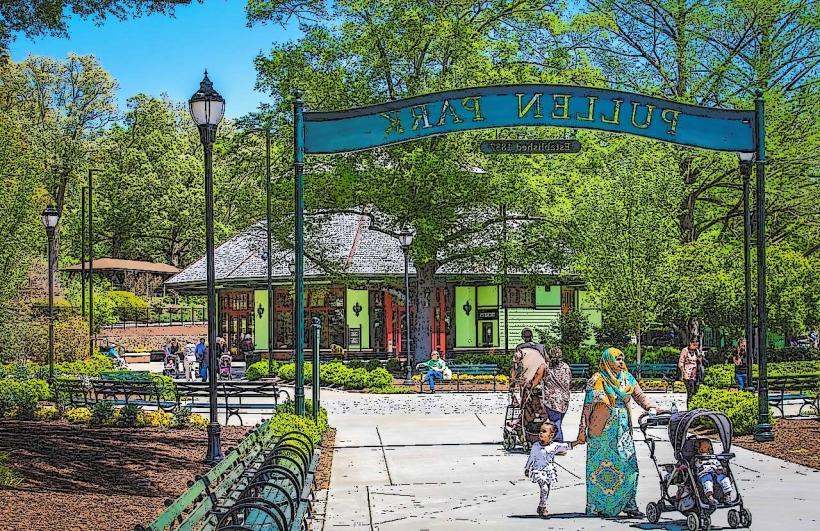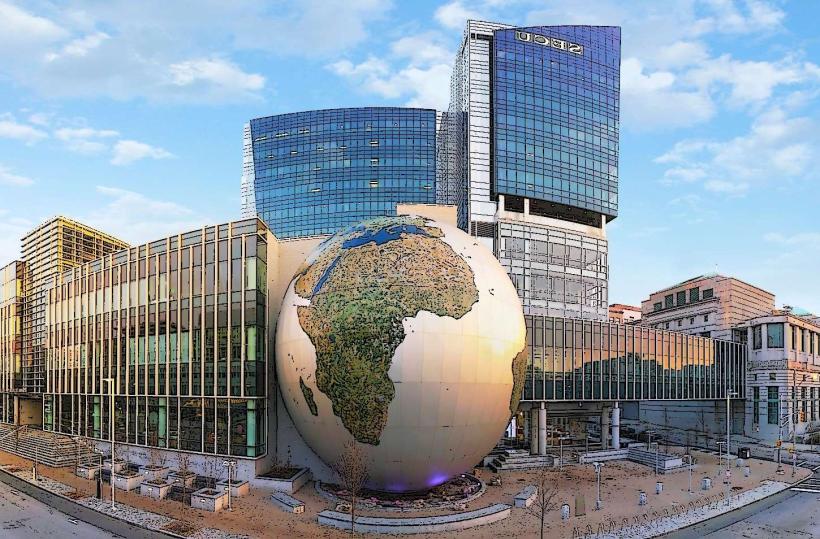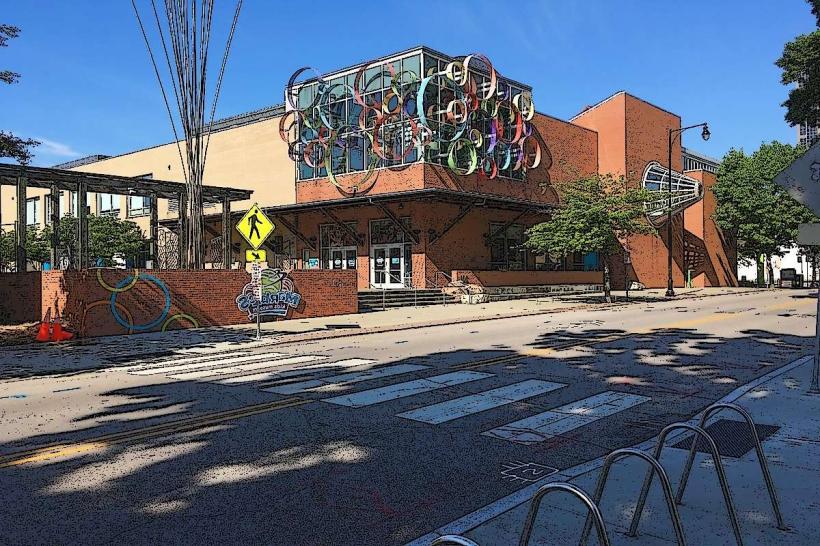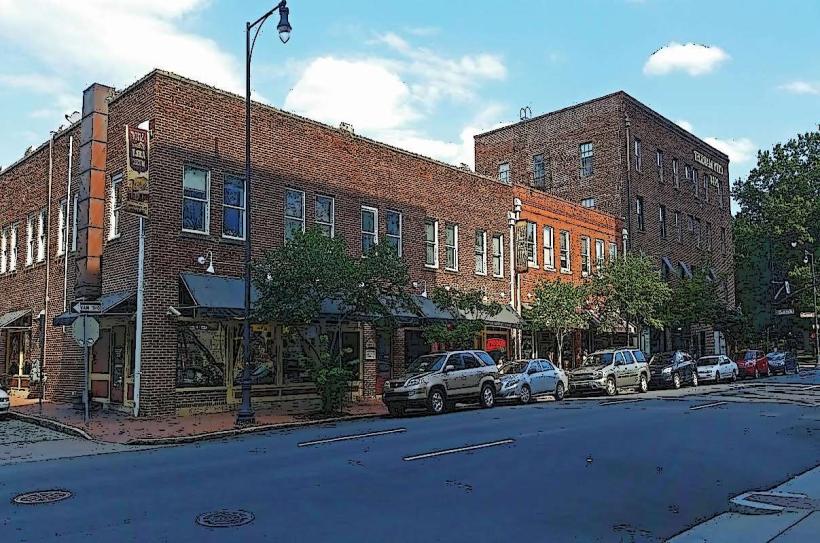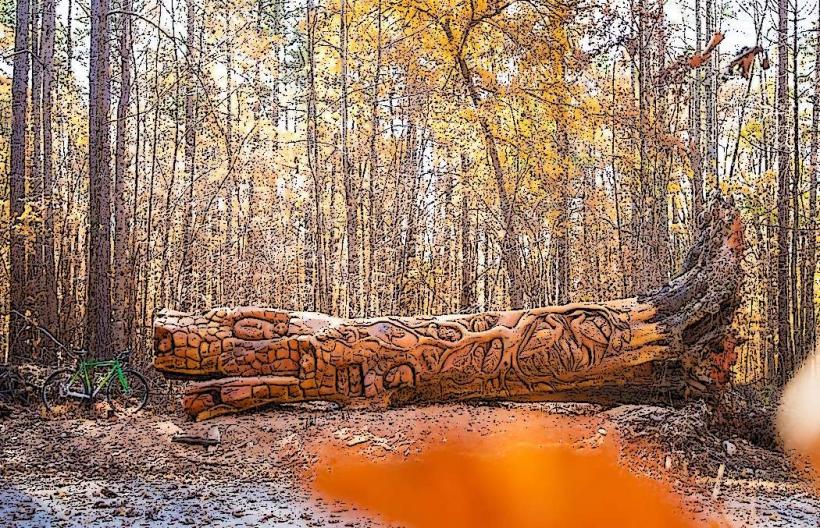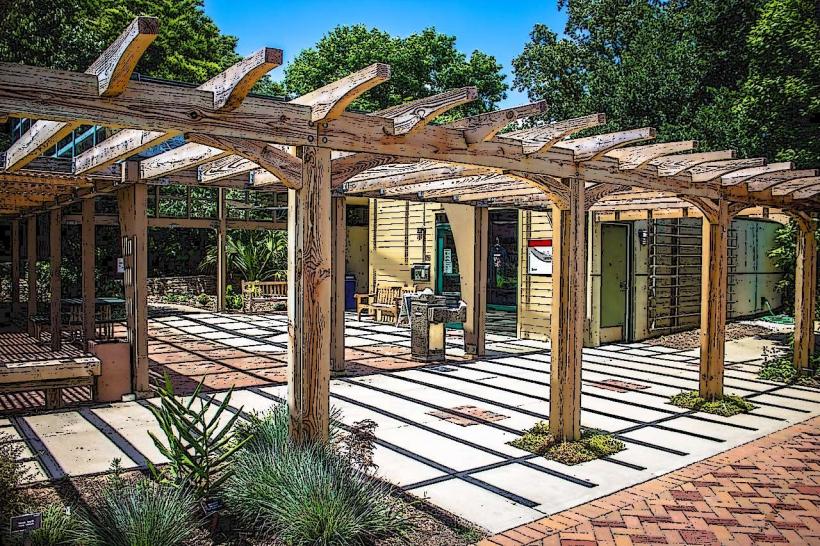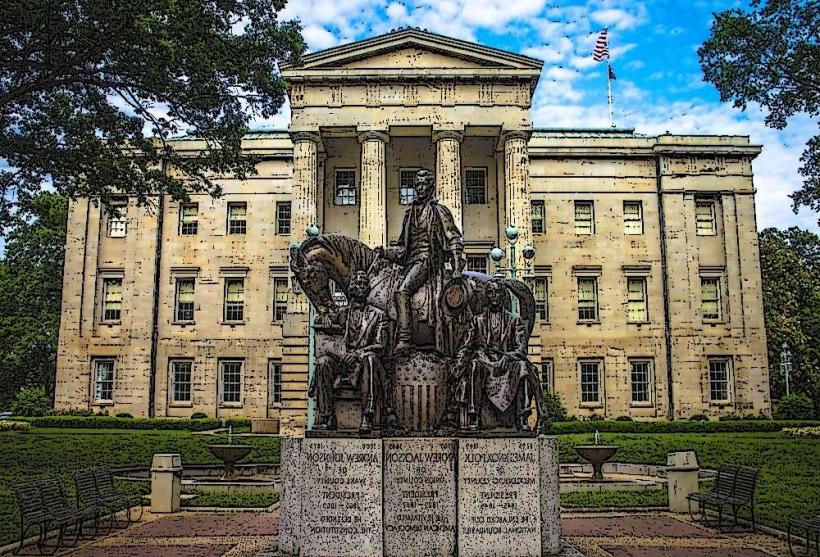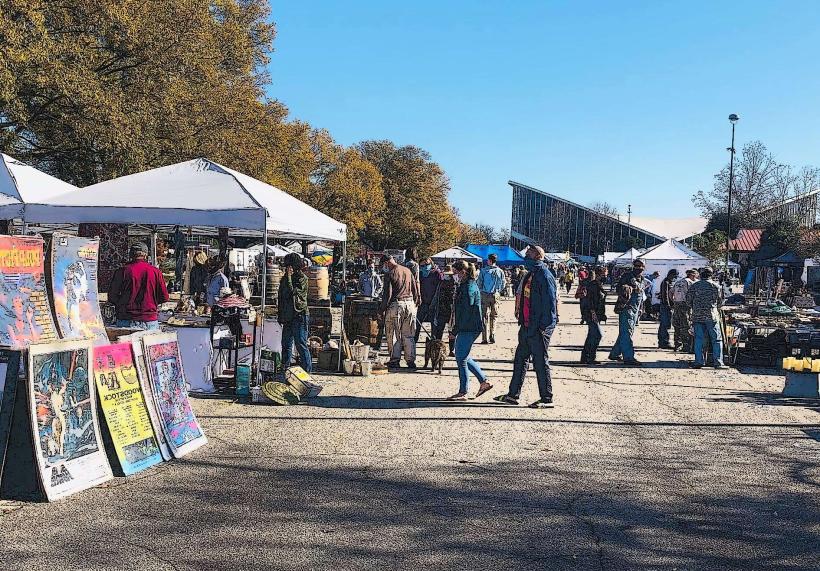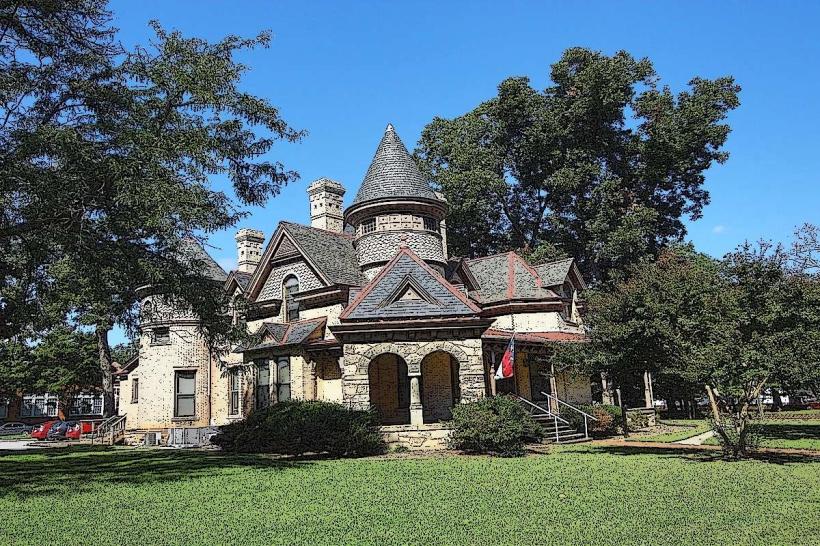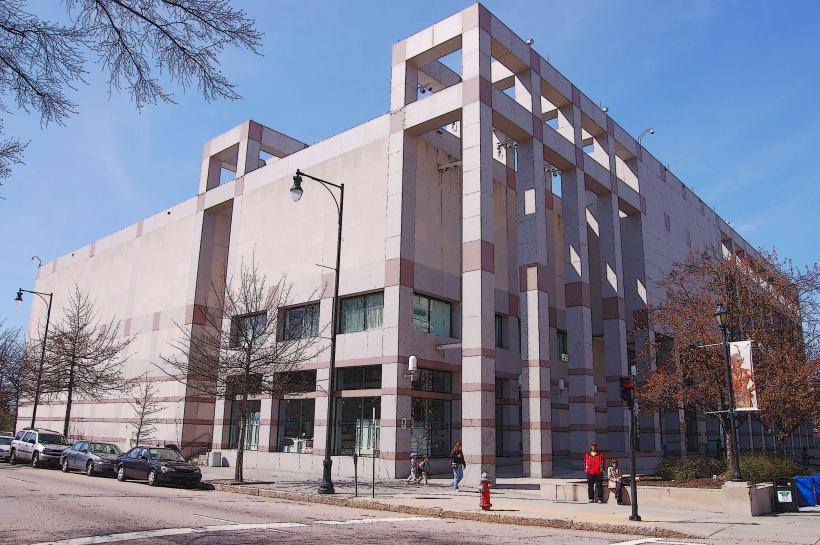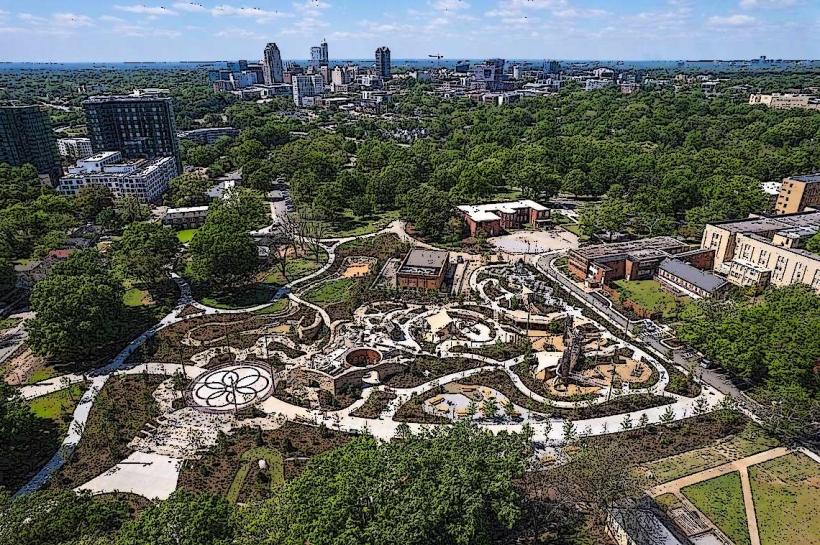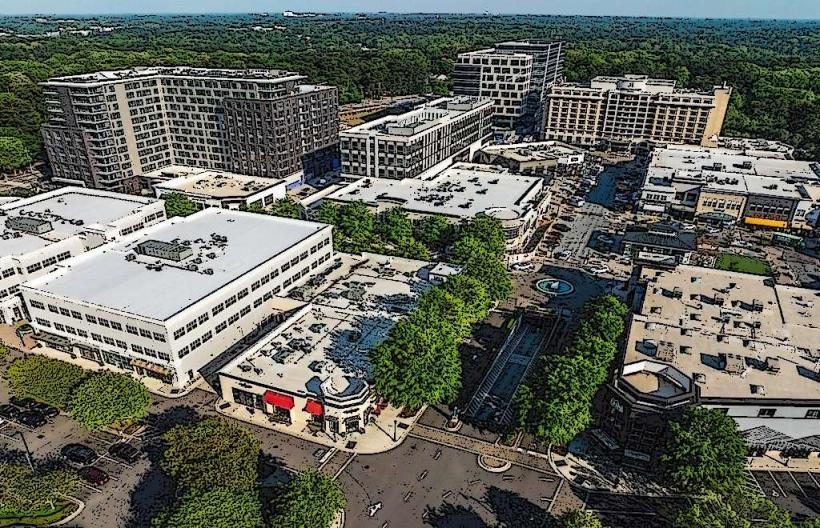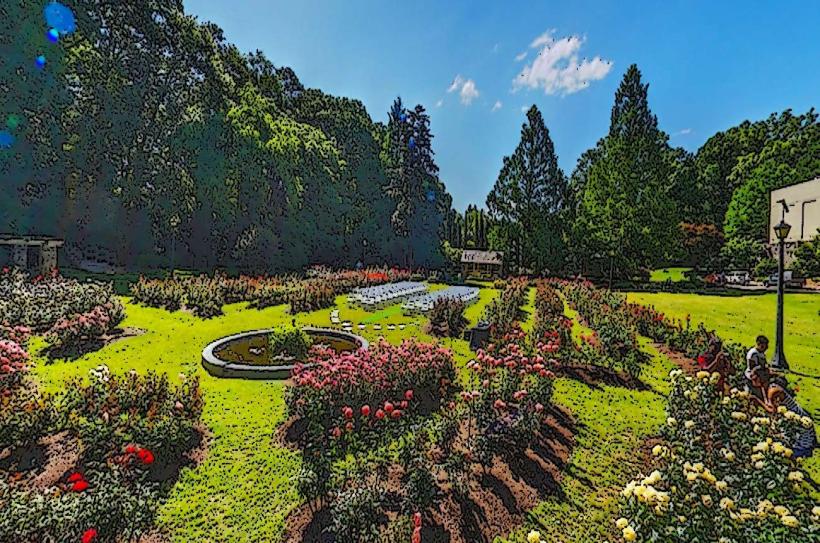Information
Landmark: Mordecai Historic ParkCity: Raleigh
Country: USA North Carolina
Continent: North America
Mordecai Historic Park, Raleigh, USA North Carolina, North America
Mordecai Historic Park is a preserved 18th-century plantation located in Raleigh, North Carolina.
It preserves several historic structures and offers insight into early Raleigh life.
Visual Characteristics
The park features the Mordecai House, a two-story brick structure built in the Federal style. The house exhibits a symmetrical facade with a central entrance. Surrounding the house are mature oak and pine trees. Other structures include a smokehouse, a carriage house, and a small chapel, all constructed with wood and brick.
Location & Access Logistics
Mordecai Historic Park is situated at 1 Mimosa Street, Raleigh, NC 27604. It is approximately 3.2 kilometers (2 miles) northeast of downtown Raleigh. Access is via Wake Forest Road and Mimosa Street. Ample free parking is available on-site. Public transport options include the GoRaleigh bus route 14, which stops within a 0.5km (0.3 mile) walk of the park entrance.
Historical & Ecological Origin
The Mordecai House was constructed in 1785 by Moses Mordecai, a Jewish merchant and planter. It served as the center of a 600-acre plantation. The park's land is part of the Piedmont region of North Carolina, characterized by rolling hills and deciduous forests.
Key Highlights & Activities
Visitors can tour the Mordecai House, which is furnished with period artifacts. Guided tours are available. The park grounds are suitable for walking and observing the historic outbuildings. The Allen Kitchen, a separate structure, is also open for viewing.
Infrastructure & Amenities
Restrooms are available within the park's visitor center. Shaded areas are provided by mature trees. Cell phone signal (4G/5G) is generally consistent within the park. No on-site food vendors are present, but several restaurants are located within a 1.5km (1 mile) radius.
Best Time to Visit
For optimal lighting on the house and grounds, early morning or late afternoon is recommended. The park is accessible year-round. Spring (April-May) and autumn (September-October) offer pleasant temperatures for outdoor exploration.
Facts & Legends
The Mordecai House is the oldest house in Raleigh still on its original foundation. It was once owned by Andrew Johnson, the 17th U.S. President, who lived there briefly as a young tailor's apprentice.
Nearby Landmarks
- North Carolina Museum of Natural Sciences (1.8km West)
- North Carolina Museum of History (1.9km West)
- Raleigh City Cemetery (0.8km Southwest)
- Historic Oakwood Cemetery (1.2km Southwest)
- State Capitol Building (2.5km West)

